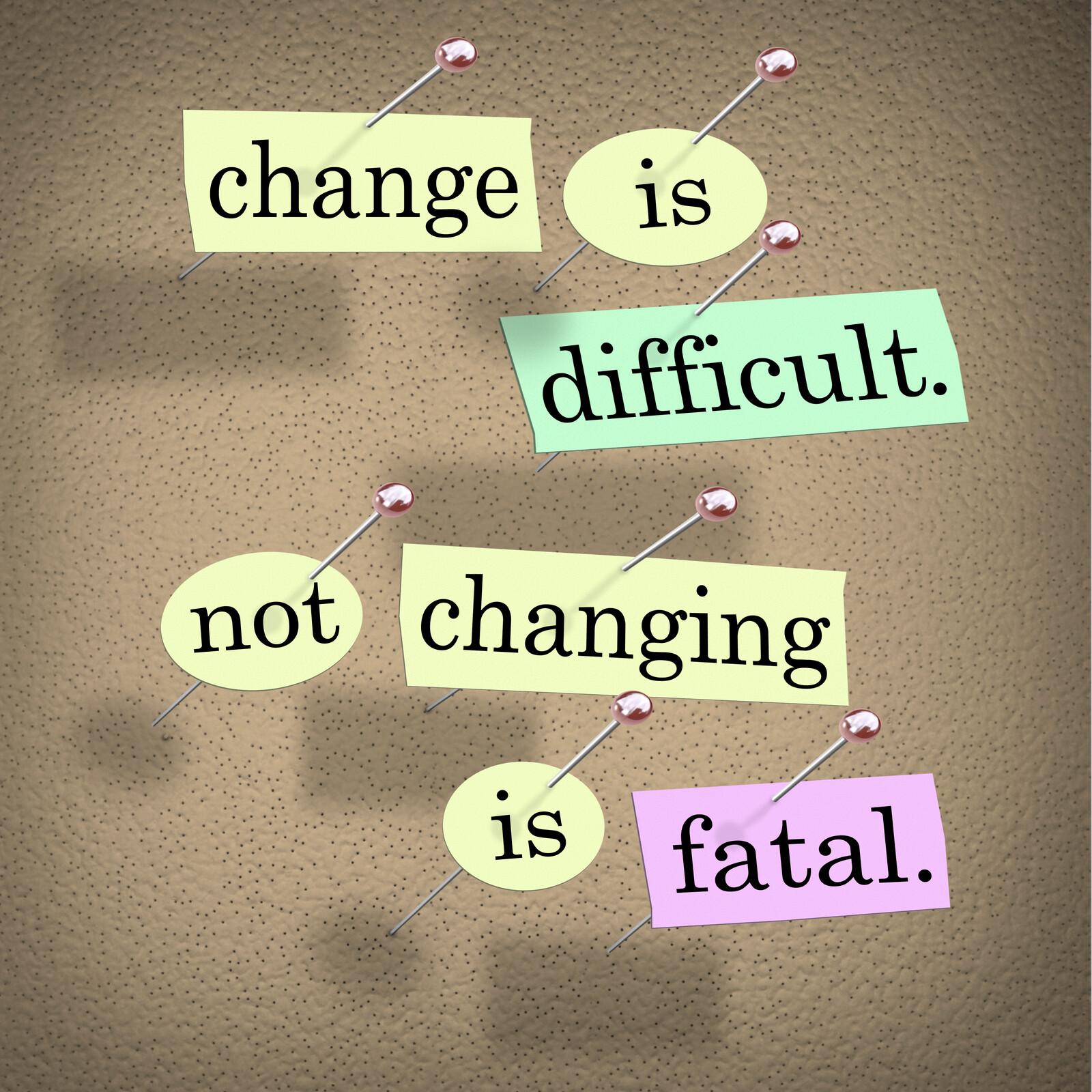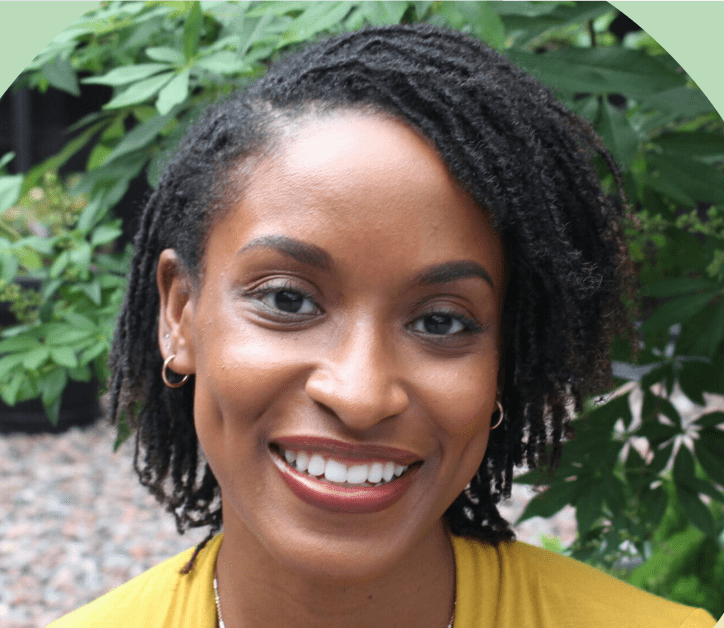Nothing Changes, if Nothing Changes
Do people really change? This is a question that often plagues people when considering counseling. Is it even worth trying?
What does it take to change a mindset, a habit or behavior? According to researchers Prochaska and DiClemente there are six stages a person typically goes through in their journey towards change.
If you are contemplating, or in the midst of change, read on to assess where you may be in the process.
Prochaska’s 6 Stages of Change
1. Pre-contemplation
In this stage, clients may find themselves repeating mistake after mistake, enduring hardship after hardship, and have yet to understand how they might be contributing to their life’s problems. They are often in denial or complete ignorance of their problems.
2. Contemplation
During this stage, clients may have found themselves at a crossroads and have decided enough is enough. They have acknowledged that there may in fact be a problem but still have some uncertainty about what to do about it.
3. Preparation
In this stage, clients begin to research what options are out there to help with their problem. They’ve found a list of counselors and have decided therapy, or a support group of some kind may be the best course of action.
4. Action
During this stage, clients have decided to make a commitment to pursuing their researched resources and have met with a therapist and identified the areas they are wanting to change in order to reach their desired outcome.
5. Maintenance
In this stage, clients have embarked on their journey towards change and have spent several months working with their therapist or have been part of a program working towards their desired goals. They have established a firm commitment and prepared for possible pitfalls. They have developed the appropriate coping skills and built a solid support system.
6. Relapse
During this stage, clients may slip back into their old patterns of behavior and may display feelings of frustration, failure or disappointment. This stage allows clients the opportunity to strengthen and improve their skills, reassess how strong their support system is and increase their chances for lasting change.
No matter where you are in the stages of change, it is never too late to try something different. Do not miss the opportunity to experience what could happen if you decided to do something different for a change.
Keep visiting the Fuller Life blog website to read more on our upcoming blog about how to begin to make small changes that could shift the way you do life altogether.
Resources:
- Yeshiva University- https://online.yu.edu/wurzweiler/blog/prochaska-and-diclementes-stages-of-change-model-for-social-workers
Jayda Washington, Resident Therapist
Licensed Professional Counselor Associate
Under Supervision of Amy Fuller PhD, LMFT-S, LPC-S, CST










